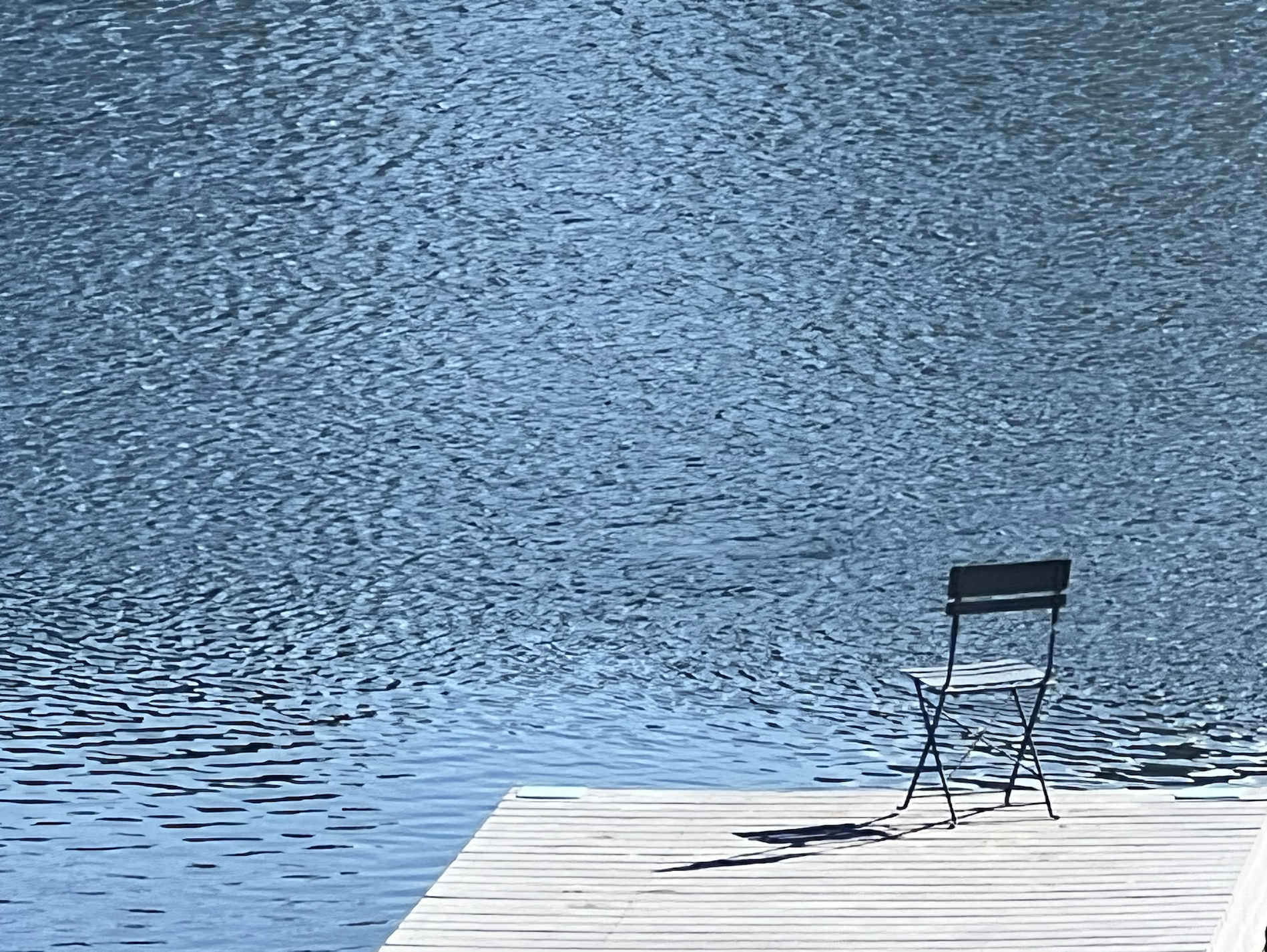
One of my favorite stories ever is from eleven years ago.
It is a sunny mid Saturday morning. It involves my then five year-old son waking up from overnight sleep. He’s still in his pajamas as he playfully skips down the stairs from his bedroom. I’m in the kitchen getting breakfast ready.
My son sees rainbow colors on the wall — I have a crystal hanging over the east-facing back door through which sunlight is shining. He asks with all genuineness, “Who spilled rainbows on the wall?”
I laugh as he continues down the stairs. We then have a little conversation about reflected light. I loved his sweetness, his seeing of what he knows.
This little principle of seeing what we know is true for most of us. We tend to default to the circumstances engrained in our lives for our sense-making. Be they the simple habits of doing — doing the dishes just so, cooking Grandma’s special spaghetti sauce just so, or getting ready for work in the morning just so. We so often do, and see, through the limits of what we know.
Or, in more impactful ways, we default to routined ways of thinking and feeling — thinking how people should behave, judging how quiet or boisterous a person should be in a given circumstance, or defaulting to any number of binary-based projections of how things ought to be.
“Who spilled the rainbows” is so sweet for its innocence. Let’s not lose that. I want innocence welcomed and celebrated. And, with age and maturing and eldering comes need to see beyond what we know. To instinctively recognize that there might be something more to see, some additional dynamics beyond what we know. Be that for understanding why our three closest friends most often act in a particular way. Or be that for coming to participate in cultural difference that lives beyond simple two-sided choices of ways of living.
We see what we know. The job of participating in mystery and in contributing to life’s evolution, I would suggest, involves welcoming seeing what is beyond our seeing. For this, we need community. And family. And friends. And truth-tellers, whether for gentle sharing about spilled rainbows, or for the hard truth-telling about engrained images that limit and oppress, or for the prisms that explain 21st century realities in new and needed ways.

Thank you for sharing this story, for the smile it brought, for the invitation to see what is beyond our seeing…
And yes, for this to be so we need our sacred circles of community – family and friends as well as the beings we cannot ‘see’ – to practice love, kindness and our courage to be truth-tellers….